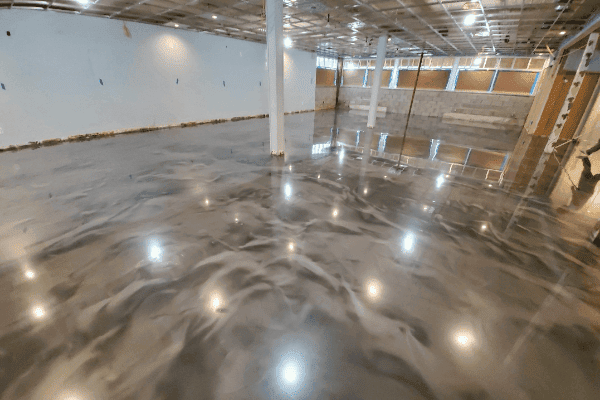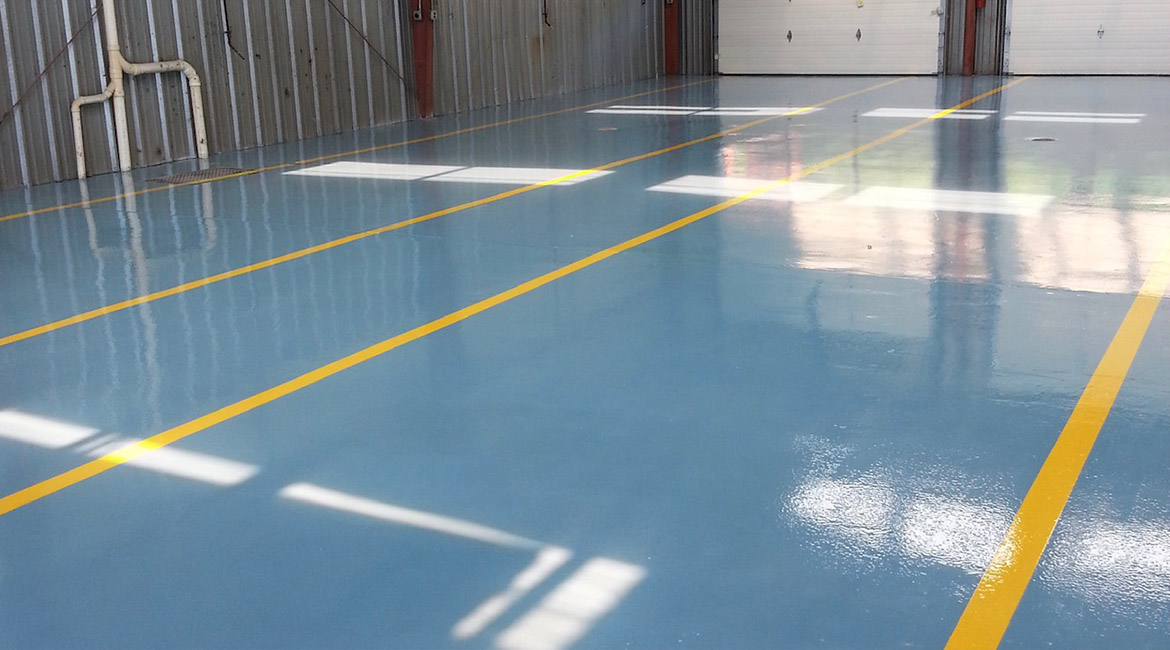When it comes to industrial flooring solutions, there are several factors that go into its long-lasting quality, including the type of materials it’s made out of and the amount of wear and tear it’s taken throughout its lifetime. However, there is one factor that you can never overlook if you want to be sure your industrial flooring will last as long as possible: proper maintenance. If you take good care of your flooring, it should last much longer than it otherwise would have.
The Floor Has Cracked
It can be hard to know when you need a new industrial floor. If your floor has cracks or other damage, it is time for an upgrade. Cracks in the floor can cause tripping hazards and are difficult to repair. Even if the crack isn’t large, it is wise to replace your industrial floor as soon as possible.
Colour Fade
If you notice your floor colour fading, it’s time to replace it. This is a sign that the coating has worn off and the floor needs to be refreshed. Sure, it might be tempting to just put on a new coat of polyurethane or paint but this will only last for so long.
Moisture Damage
Moisture is the number one cause of flooring damage and floor replacement. Moisture can come from a variety of sources, such as a leaking pipe, flooding, or even just condensation due to a humid climate. Wet materials are more susceptible to damage because water weakens the material fibres and causes them to swell. The best way to avoid moisture damage is installing an industrial floor that has been designed for wet environments such as concrete overlays or epoxy coatings.
Mold Growth
Industrial flooring needs to be properly cleaned and maintained in order for it not to grow mold. Mold spores are microscopic and can be released into the air when they come in contact with moisture or dampness.
UV Degradation
UV radiation can cause the colour of your floor to fade and become brittle. UV degradation also damages the molecular bonds in the material, which can lead it to break down.

Exposure To Chemicals and Contaminants
Industrial floors are subject to a lot of different contaminants, from chemicals used in the manufacturing process to airborne particles that come in contact with the floor. The longer you work on your factory floor, the more you and your employees are exposed to these hazards. Contaminants can also be tracked onto the floor from other areas of your facility like restrooms or food preparation zones.
By upgrading your flooring when it has been exposed for too long, you can reduce potential health risks for yourself and for those around you.
Why Replace with Resin Flooring?
Industrial resin flooring is a type of industrial flooring that is considered an upgrade and not a replacement. This type of floor is much more durable and can withstand the wear-and-tear of heavy traffic, making it perfect for factory floors. Resin floors are also much easier to maintain than other types of industrial flooring because they have no grout lines like tile or vinyl, which means there is less dirt buildup in the cracks and crevices.


